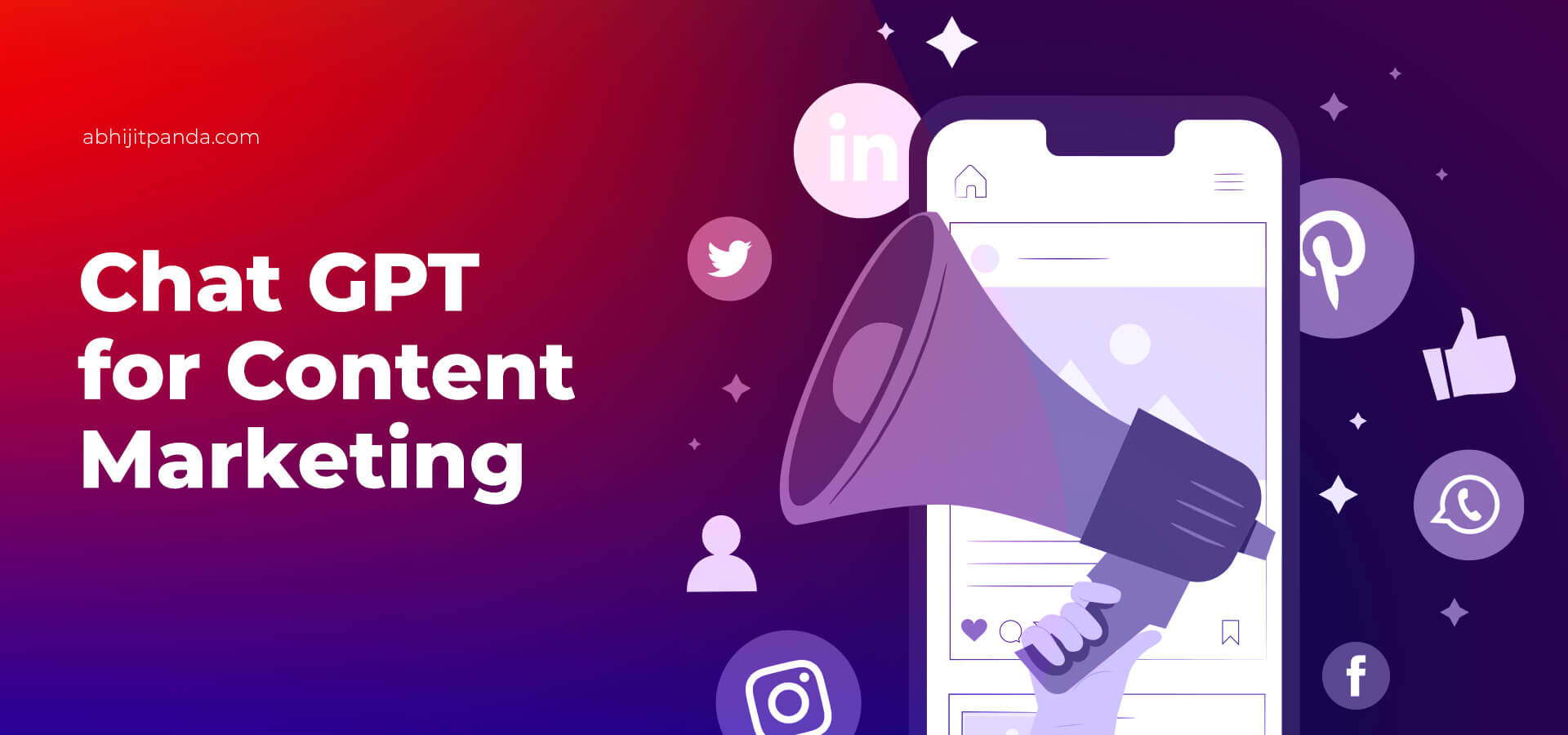 ChatGPT for Content Marketing
ChatGPT for Content Marketing
There are many free and premium chatbots or chatterbots that interact with users in a conversational way. But AI-powered chatbot has created a storm in the digital marketing industry like ChatGPT (Chat Generative Pre-trained Transformer). Since its launch on 30th November 2022, the natural language processing tool has crossed one million users in less than a week.
Also, many bloggers have started defining ChatGPT as “the Next Google” or “the Google Killer”. Market analysts believe that it is too early to predict if ChatGPT will replace the world’s most popular search engine. But the massive popularity of ChatGPT creates opportunities for content marketers to change the way content is created for various digital marketing campaigns.
According to the Content Marketing Institute,
“ChatGPT can help content marketers with content creation, editing, and generating ideas. You can use ChatGPT to generate blog post titles, summaries, and even entire articles. You also can experiment with using it to come up with new ideas for content marketing campaigns and to identify trends and topics of interest to your audience.”
Content creators can use ChatGPT to produce high-quality content in a short amount of time. But they must not forget its major shortcomings while using ChatGPT for content marketing. They must overcome these shortcomings to boost content marketing campaigns using this AI-powered tool. We can understand the transformative impact of ChatGPT on content marketing by discussing some of these pros and cons.
5 Benefits of Using ChatGPT for Content Marketing
1. Generate Smart Essays
ChatGPT responds to questions asked by users in dialog format. Hence, it creates content in paragraph formats. Its essay-writing skills have surprised and impressed many academicians. Several professors have given full marks to ChatGPT’s response to exam questions.
The text data used by OpenAI to train the chatbot enables it to produce detailed content by referencing content published by many authors. Hence, content marketers can leverage ChatGPT to create high-quality content.
2. Options to Give Instructions
ChatGPT generates content following the instructions given by a user. Content creators can leverage this feature to create customized content by giving specific instructions like word count and specific topic points. Also, they can give precise instructions to make ChatGPT produce content on a wide variety of topics.
3. Speed up Content Creation
As highlighted by the Content Marketing Institute, ChatGPT will help writers reduce the time and effort required to create and edit content. Users cannot boost marketing campaigns by posting the content generated by ChatGPT directly. But writers can edit and finetune the AI-generated content in a short amount of time. Also, they can customize the content according to the brand’s voice, tone, and messaging.
4. Simplify Content Curation
Content curation is a commonly-used social media marketing strategy. In addition to posting fresh content, marketers share the content posted by competitor brands and industry experts. Also, writers curate content posted by others to keep readers engaged by producing insightful content.
Unlike search engines, ChatGPT helps writers research and curate content on specific topics in a short amount of time. Hence, content writers can use ChatGPT as important writing aid like plagiarism checkers and grammar checkers.
5. Generate Innovative Content Ideas
Before writing content, writers spend time finding innovative content ideas on a specific topic. They use various search keywords and consider the latest trends to produce content that will resonate with the target audience and achieve marketing goals.
Several digital marketers have highlighted the effectiveness of ChatGPT in generating a wide range of keywords and phrases. Content writers can use the tool to generate fresh ideas for content by finding different phrases and keywords related to specific topics.
5 Pitfalls of Using ChatGPT for Content Marketing
1. Incomplete and Unreliable Information
Unlike search engines, ChatGPT does not produce content by crawling and indexing billions of web pages. Instead, it produces human-like content based on the 45 terabytes of text data used by OpenAI for training. Hence, ChatGPT does not evaluate the reliability and accuracy of information while producing content. Content creators have to use search engines to ensure that ChatGPT has created content using authentication information instead of fake news.
2. AI-Generated Content
ChatGPT will produce content using AI technologies. AI technologies work by simulating human intelligence in machines. They lack the imaginative power required to create new ideas and personalize content. Hence, the target audience may not find content generated by ChatGPT relevant. No content marketer can generate leads and increase conversion rates by distributing irrelevant content.
3. Absence of Real-Time Data
Internet users these days find online information by typing search queries or giving voice commands. Hence, writers optimize content for both text search and voice search. Unlike text search, voice search is highly location-centric.
They optimize the content for voice search by implementing local SEO techniques. Also, they make the content more relevant by including real-time information related to the topic. ChatGPT currently cannot include real-time data and location-specific information in the content due to a lack of internet access.
4. Human Interventions
The content generated by ChatGPT includes several grammatical errors. Also, the chatbot does not check if the content is not plagiarized. Writers have to spend time ensuring that the content is original and error-free. They have to make several changes to the content generated by ChatGPT to align it to brand voice and messaging. Hence, content marketers cannot publish ChatGPT-generated content directly.
5. Search Engine Visibility
Leading search engines like Google consider AI-generated content as spam. Google’s Webmaster Guidelines penalize websites that publish AI-generated content. Several researchers have developed cryptographic watermarking that detects AI-generated content created by tools like ChatGPT accurately. Hence, content marketers cannot divert search engine traffic to a website organically by posting content produced by ChatGPT.
Conclusion
ChatGPT makes it easier for content creators to generate content ideas and create content. But content writers should remember that ChatGPT is not a search engine. It does not gather information by crawling and indexing billions of web pages. Also, it lacks the capability to find up-to-date information on a topic. Content creators can save time and effort by using ChatGPT to produce high-quality content.
But when using ChatGPT for content marketing, content writers must keep in mind some of its key shortcomings like information lack of information accuracy, reliability, and completeness. They must improve content quality through human intervention. Also, OpenAI has been making improvements to the ChatGPT model regularly. Hence, they should use the updated version of ChatGPT.



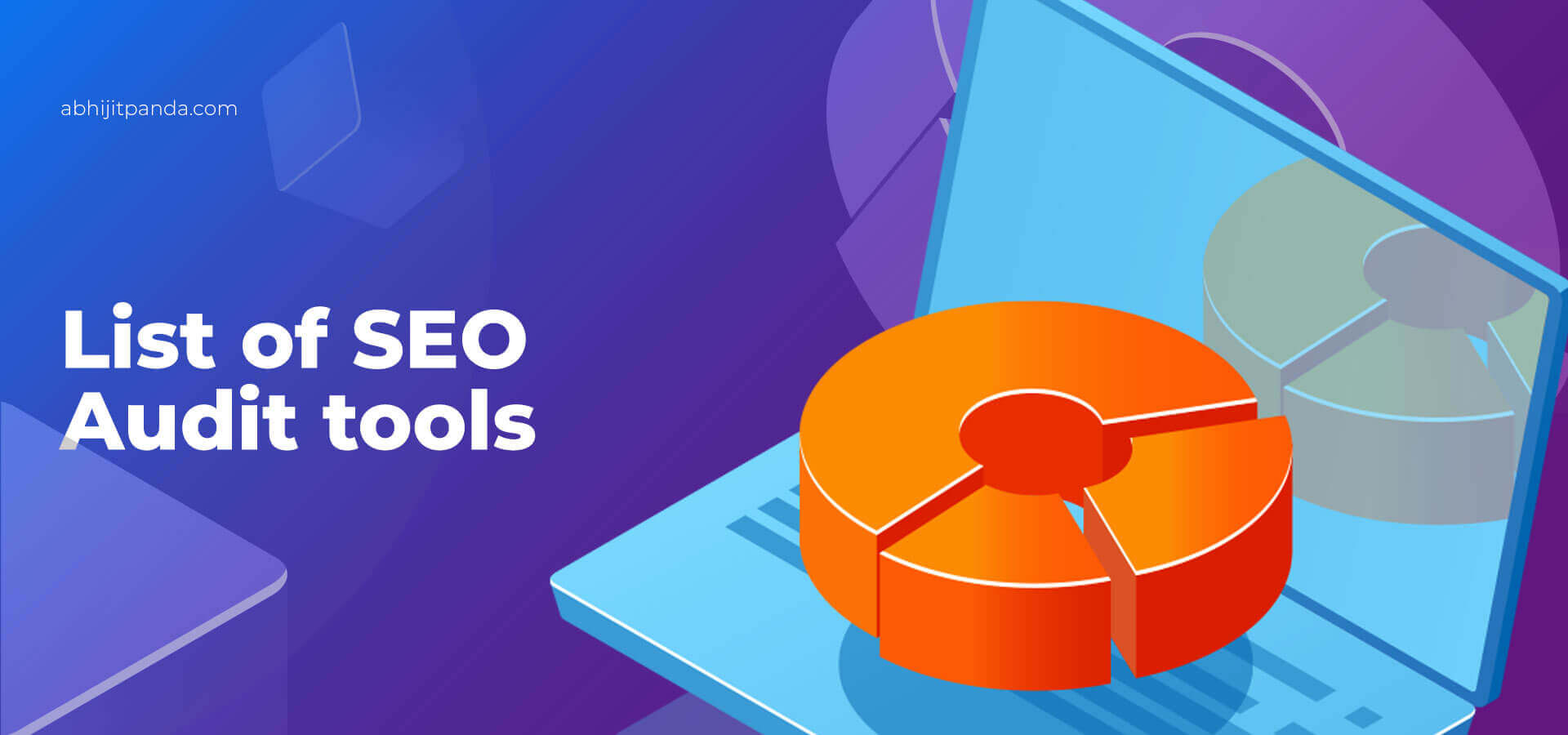
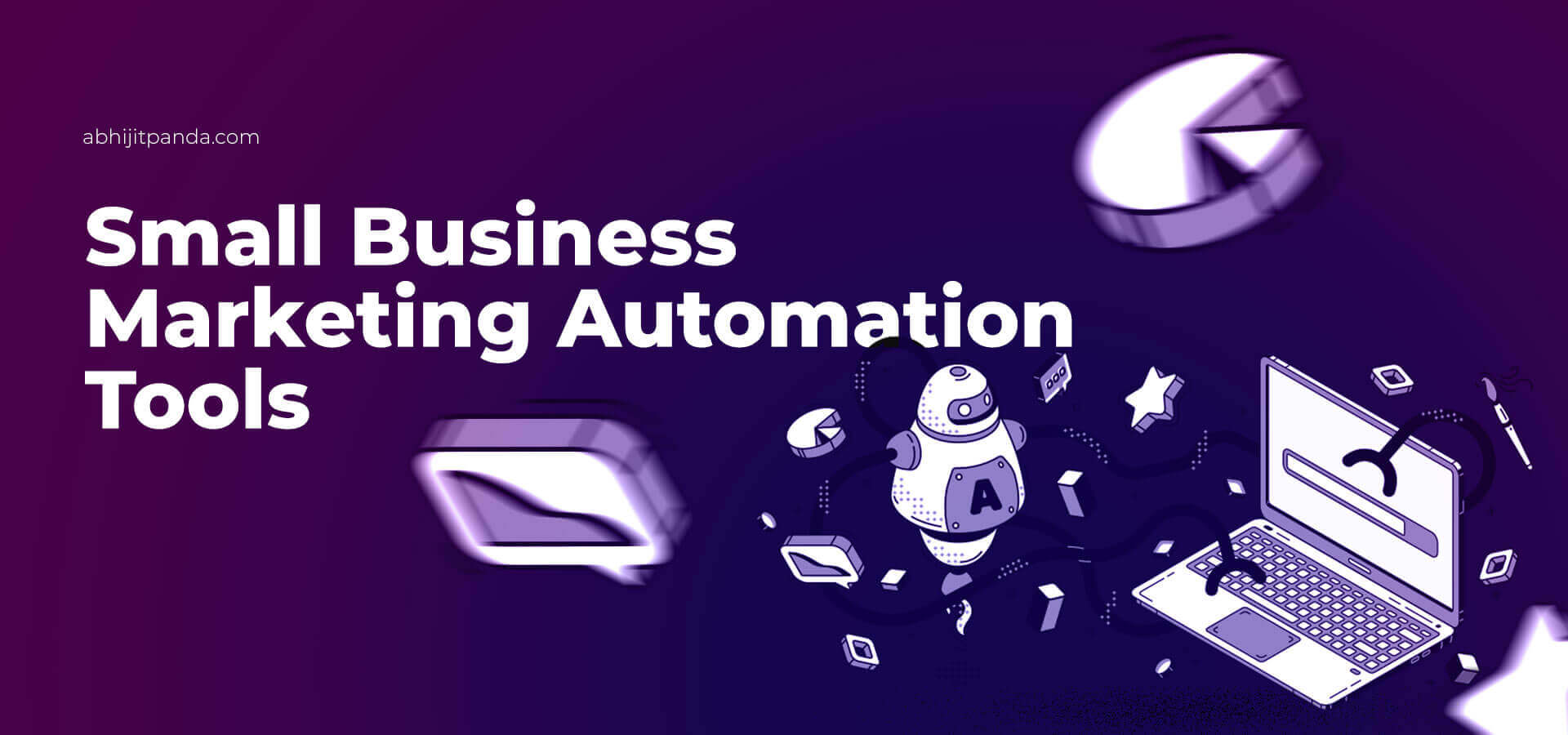
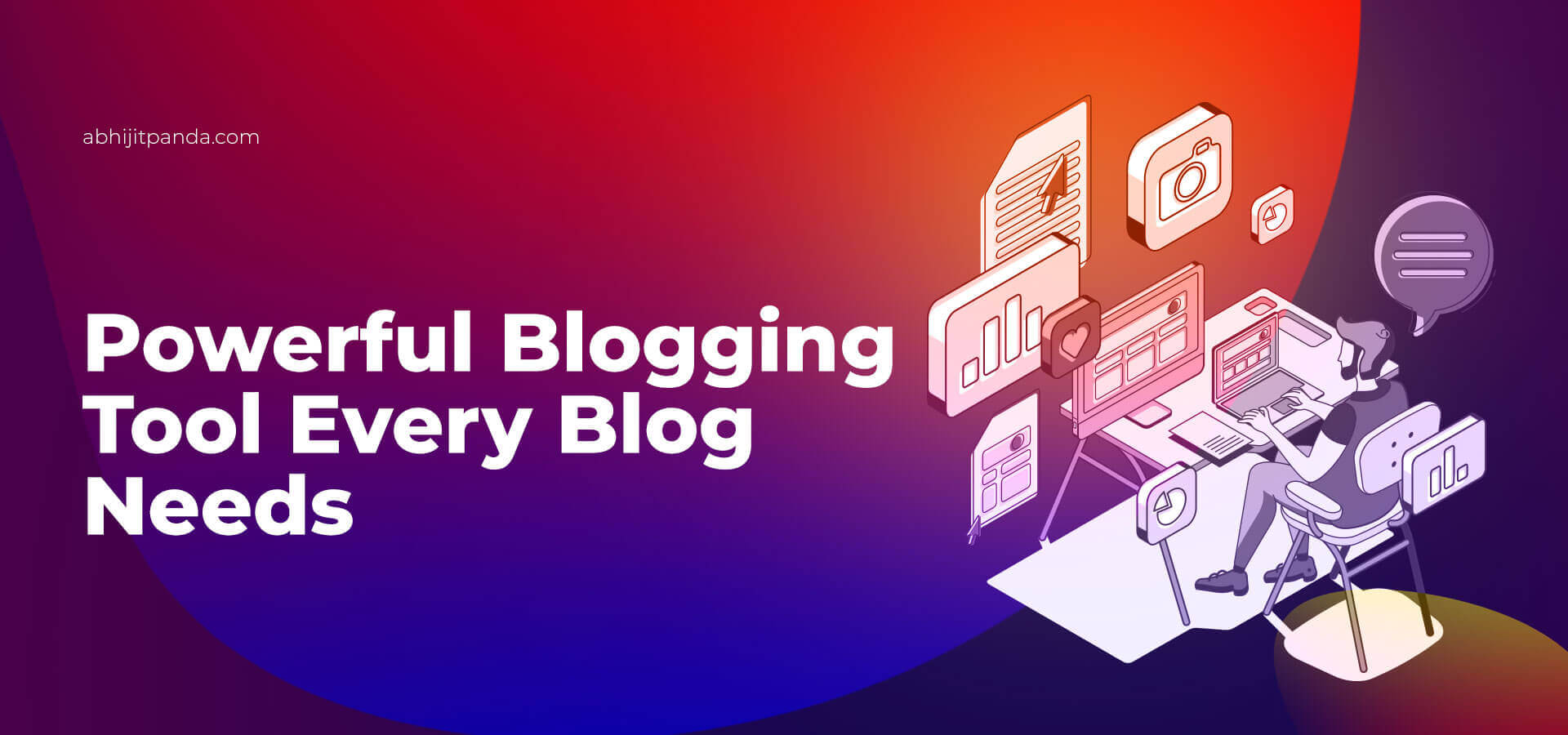
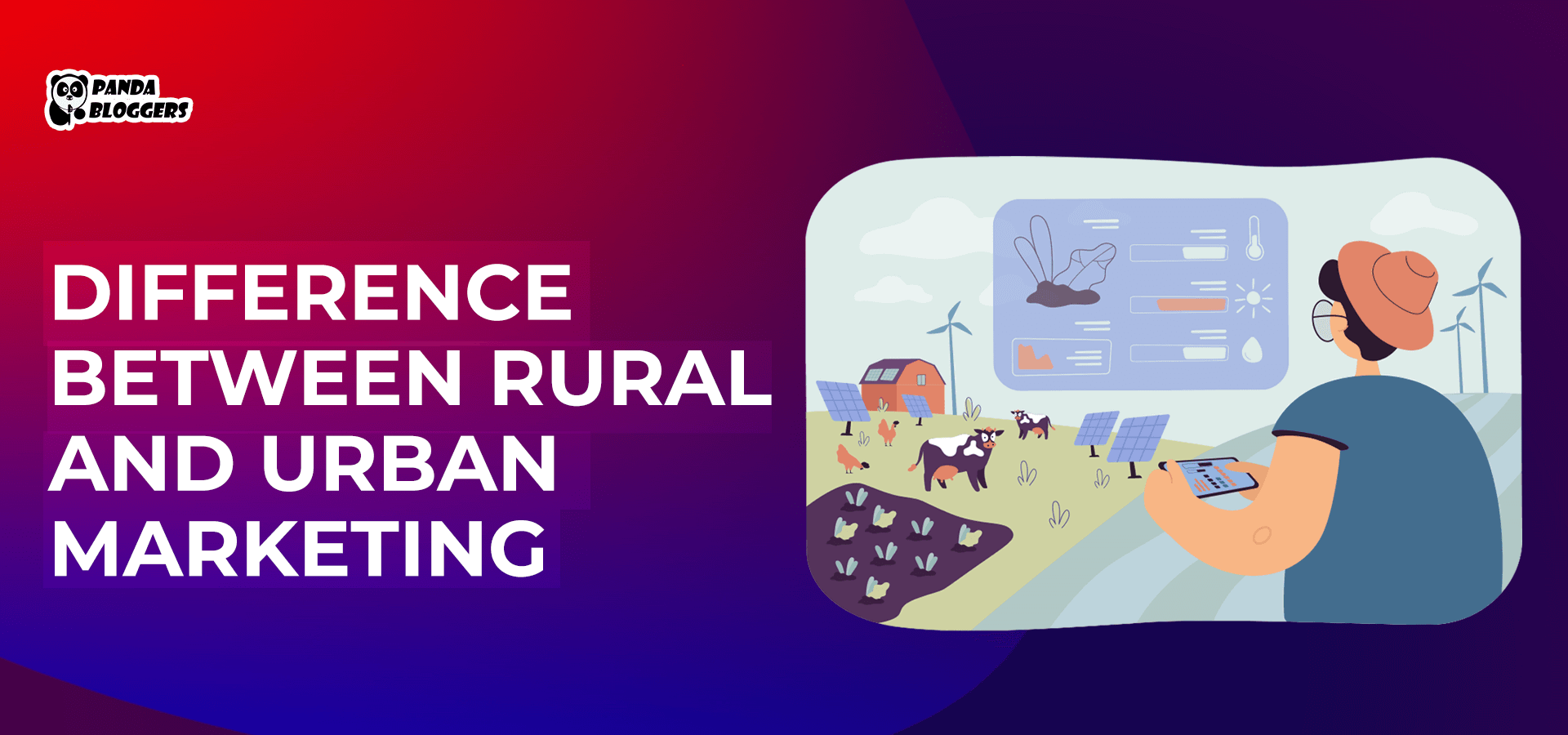

Leave a Reply